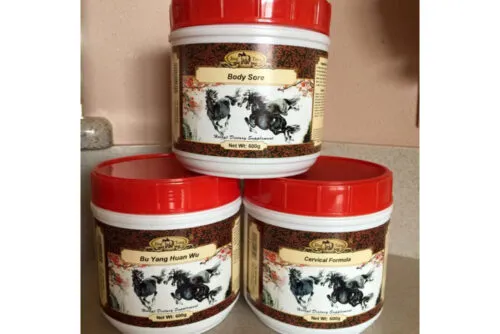
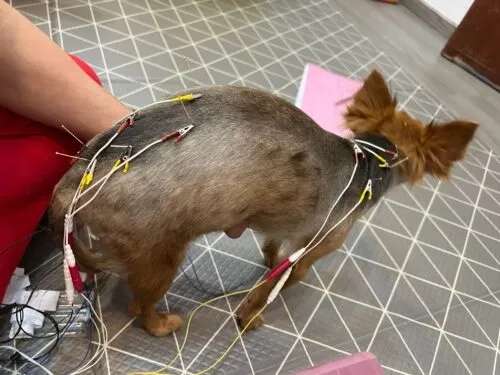
TCVM is known for its effectiveness in treating a wide variety of symptoms and conditions in dogs and cats. Some of the most common issues that can be addressed with TCVM include:
There are several treatment methods available within TCVM. These include:
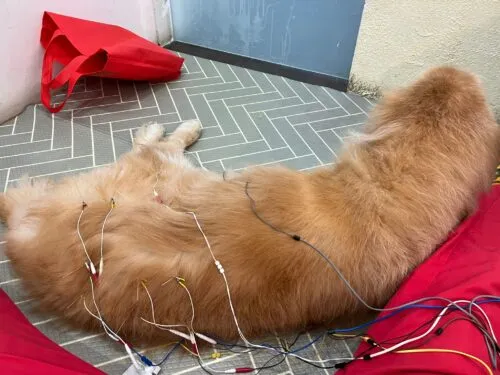
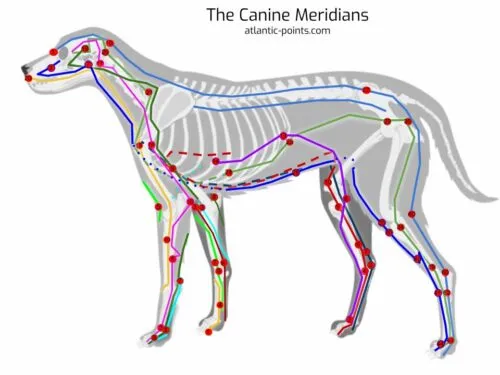
TCVM offers numerous benefits for dogs and cats, including:
In addition to our chiropractic care services, RehabVet also offers Traditional Chinese Medicine (TCM) for pets. TCM is a holistic approach to healthcare that has been used in China for thousands of years and is now gaining popularity in the Western world.
At RehabVet, we have a team of experienced TCM practitioners who can work with you and your dog to develop a personalised treatment plan. We take a holistic approach to healthcare, so we will consider your dog’s overall health and well-being, as well as any specific health concerns or conditions.
If you’re interested in TCM for your pet, contact RehabVet today to schedule an appointment.
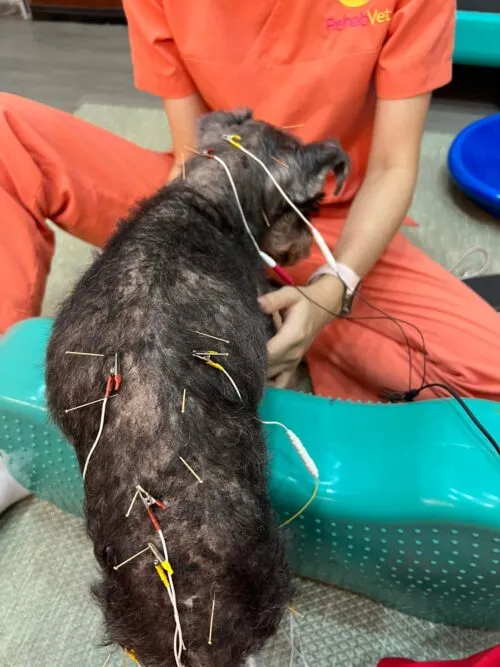
The healing time for inflamed intestines can vary depending on the severity of the inflammation and the treatment plan, but it can often take several weeks to several months.